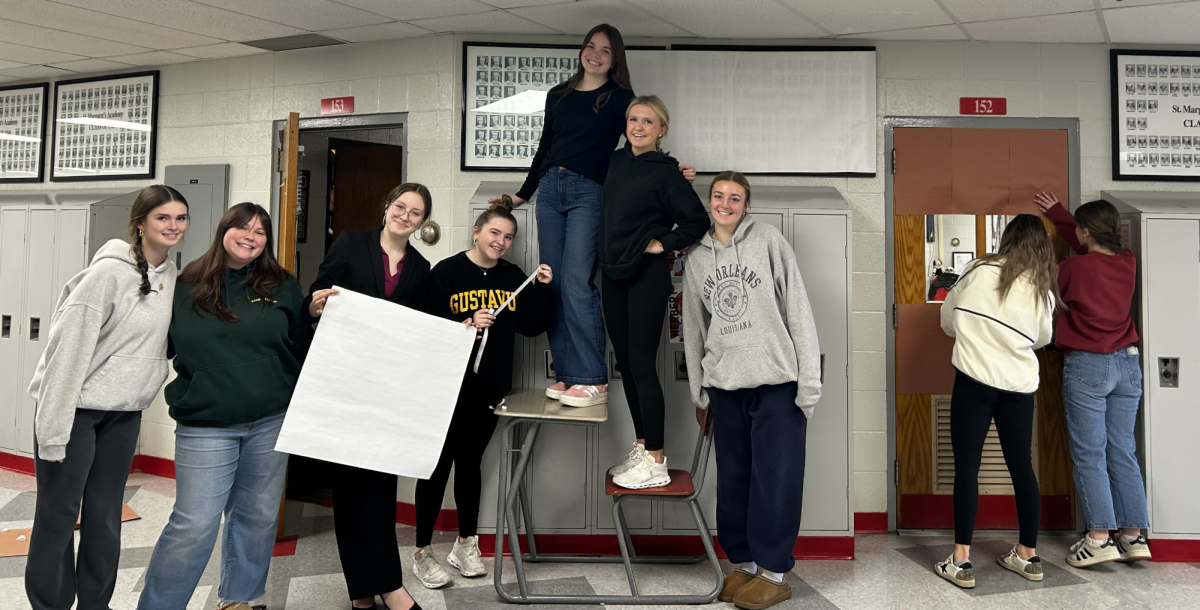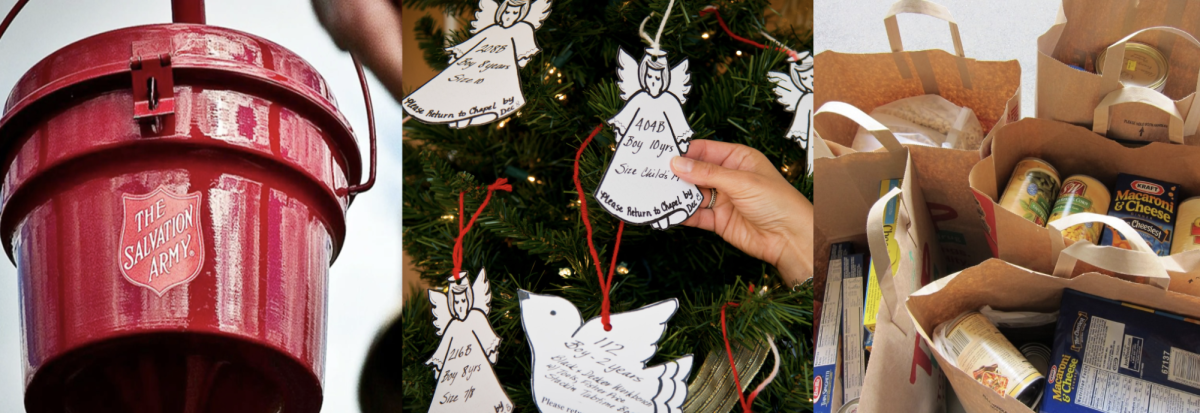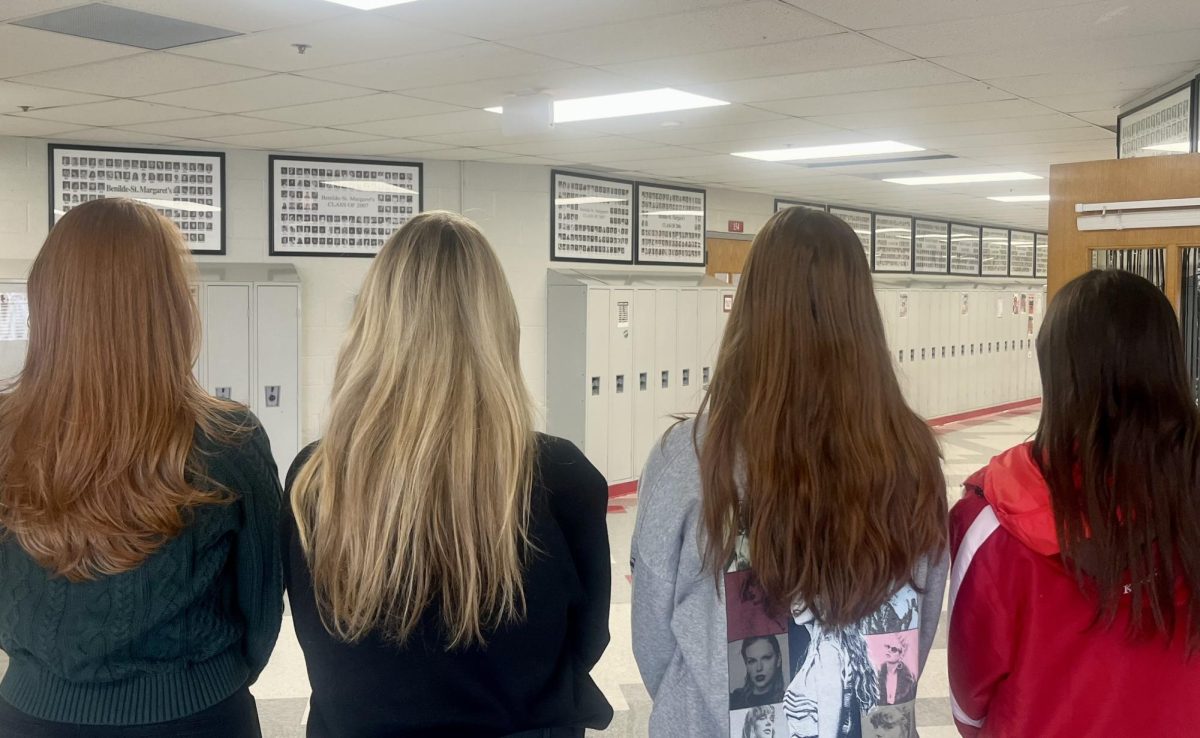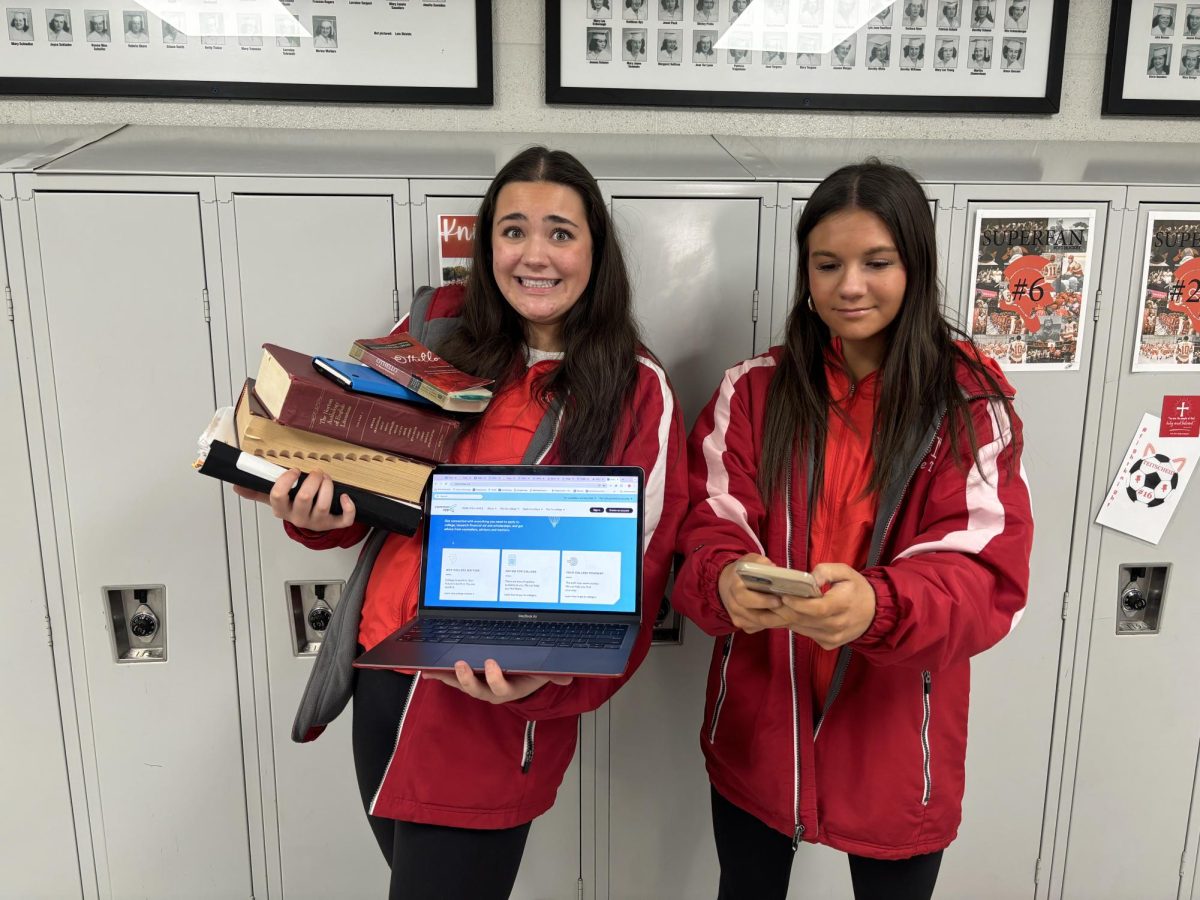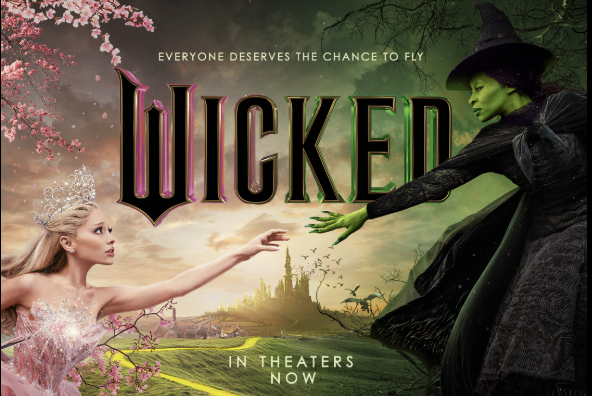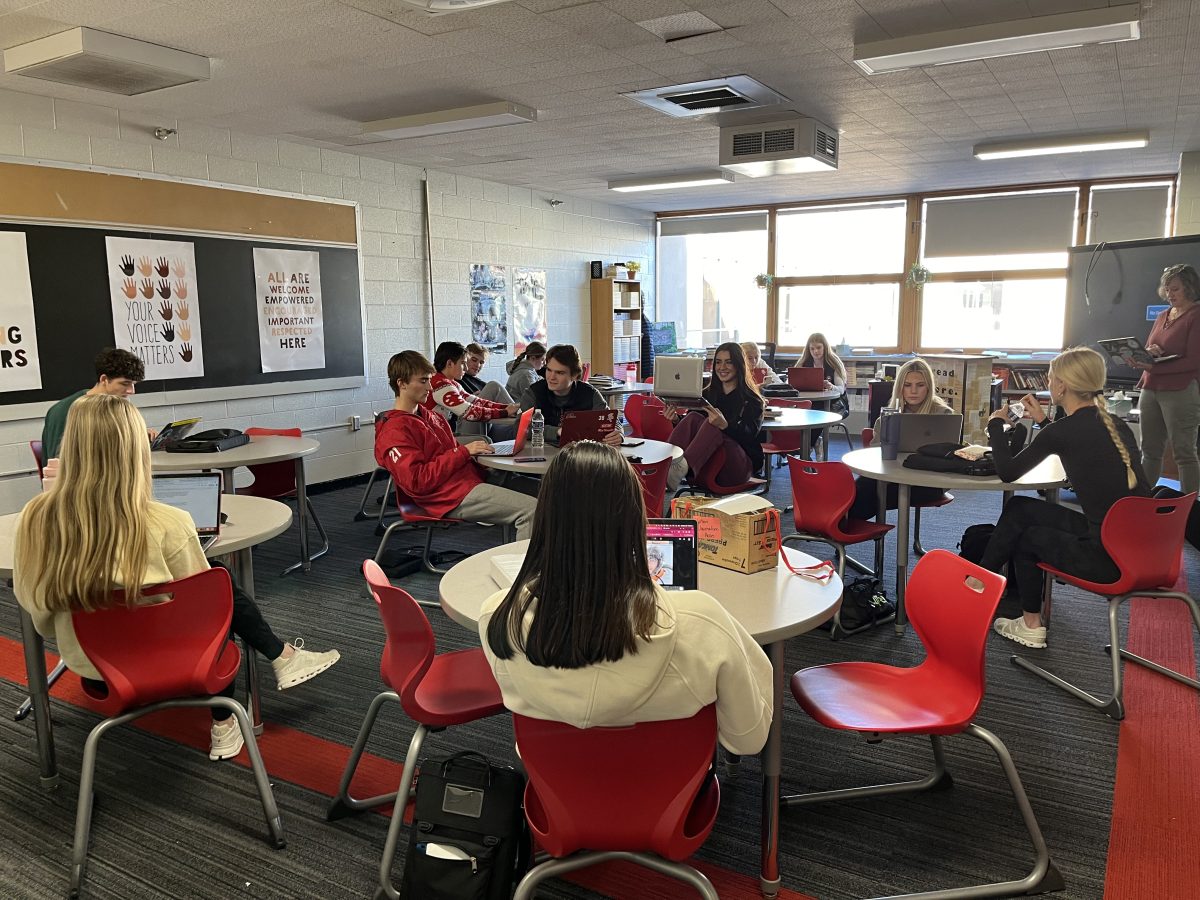Out of the many electives offered by Benilde-St. Margaret’s, ranging from engineering to outdoor adventures, one of the most unusual courses is probably Journalistic Writing, also known as journalism. Journalism is an English elective, but it doesn’t function at all like a regular English class. Student journalists are required to write ten 400-800 word stories–like this one–to be published in the school’s digital newspaper, the Knight Errant. Currently, there are two classes for staff writers and one class for student editors who were staff writers for at least a year.
Unlike most classes with strict due dates for projects and assignments, journalism students work on flexible deadlines. This means that students can work at their own pace, as long as they get their stories submitted in a somewhat timely manner. Some stories may be more time-sensitive than others, but that’s up to the writer to decide.
Journalism is also not graded like regular English classes. Students’ stories are not graded individually; instead, we’re graded based on timeliness, ethics, contribution, quality, and communication, and each grade is based on student performance across the whole semester. That means if you manage your time in class well and your stories get published, it’s pretty easy to get an A.
On the topic of managing time well, most, if not all, of your work for Journalistic Writing can be done in class. Journalism always happens during sixth hour, this is so that writers and editors all have a set time when they can communicate with one another, without worrying about a scheduling conflict. Sixth period is also slightly longer because of lunch, so students can conduct interviews, write, and edit most of their stories in the classroom, which is great if you want to cut down your homework load.
Additionally, half of a student’s stories must include interviews with other people, and while that might sound a little nerve-wracking if you’re not a very social person–I know it was for me–as the year goes on, you start to become much more comfortable talking with people. In my opinion, it’s boosted my confidence and social skills not just for interviews, but for communicating with other people in general.
Journalism also, unsurprisingly, really improves your writing skills. It’s really good practice for anyone who wants to get better at writing because literally everything you do revolves around writing stories. It’s also a great class for people who don’t like to read!
Teachers are also flexible with allowing students to move to different Journalism classrooms. If your friends are in Journalism, but you have different teachers, your teacher will usually let you move to the other classroom to see your friends. You can also collaborate with other students on stories, even if you’re in different classes.








